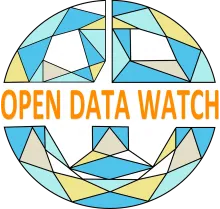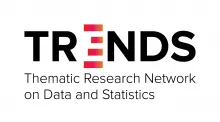When it comes to the development data needed to support the 2030 Agenda for Sustainable Development, there is a deep disconnect between what policymakers say and what they do. There is strong rhetorical consensus that better data are a prerequisite to achieving the Sustainable Development Goals (SDGs) and leaving no one behind, but the demand for better data has not translated into corresponding growth in funding. The excitement around new data sources and disruptive technology has not been matched by support for the national systems, capacities, and infrastructure that are needed to take advantage of new data and technology, particularly in low- and middle-income countries.
One reason for this is that data and statistics are often de-prioritized in budgetary decisions. They are typically viewed as long-term investments in processes and systems in contrast to competing priorities that are viewed as having a more immediate impact on outcomes. This speaks to policymakers’ and politicians’ short-term horizons combined with impatience to see some kind of result, even when that result may not lead to systemic change.
To confront this challenge, this paper seeks to better understand what we know about the value of data. How have economists and other researchers attempted to measure the value of data and how well do they do at painting the picture of what data are really worth?








